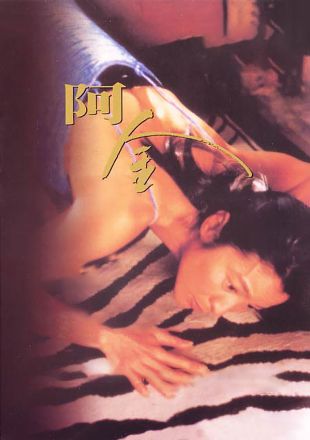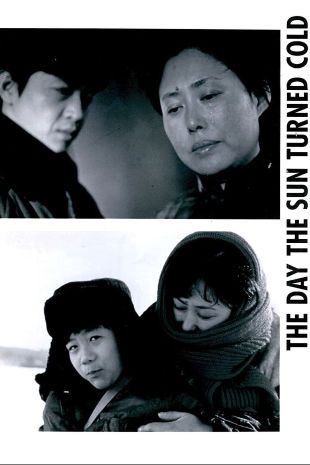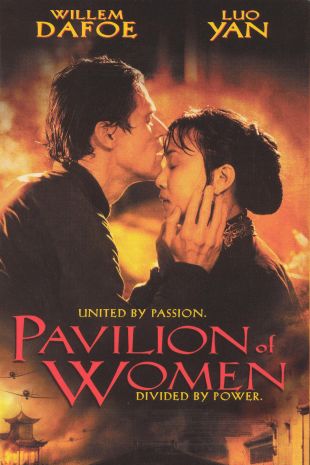This independent director has quickly gained an international reputation for his richly textured epics and finely drawn characters.
In the mid-'70s, Yim Ho was employed as a director, producer, and writer for Hong Kong television, skills which he applied later to his own creations.
His first film was Ka le fei (1978) (aka The Extras). But it was his second film, Ye che (aka The Happenings) (1980), that brought the director his first acclaim. This was followed in 1981 with Gong zi jiao (aka Wedding Bells, Wedding Belles), and Sishui liunian (aka Homecoming) (1984) for which Ho was nominated for Best Director at the Hong Kong Film Awards. This touching film depicts a woman's flight from city-living to the home of her birth where, with her two friends, she discovers that life continues and some things simply cannot be regained or repeated.
Tian pu sa (1987) (aka Buddha's Lock) was Ho's next undertaking, followed in 1990 by Ho's powerfully dramatic Gungun hongchen (literally "golden horse") (aka Red Dust) for which Ho was also the writer and an actor in the role of the lady novelist Yueh-Feng's boyfriend, a traitorous collaborator working for the Japanese. Four Chinese characters are shown living through the Sino-Japanese War of the 1930s, the 1945 surrender, and the rise of Communism. This was Yim Ho's most successful and respected film and was nominated for several international film festival awards.
Ho co-directed (with Tsui Hark), wrote, and acted in Kei Wong (aka The King of Chess) in 1991, which contrasts two plots, one set in China during the Cultural Revolution and the other in Taipei. Ho served as director, producer, and writer for Tianguo niezi (1994) (aka The Day the Sun Turned Cold; the literal translation is "traitorous prince"). The plot, based on real events in China in 1988, involves the complex moral and emotional problems that arise when a son turns in his mother for the murder of his father ten years earlier. For this film, Ho was nominated for Best Director and Best Picture at the Hong Kong Film Awards, and won both the Best Director award at the Tokyo International Film Festival and the Tokyo Grand Prix.
Ho also received international recognition for Taiyang You Er (aka The Sun Has Ears) (1996). He was director, executive producer, and writer for Wo ai chu fang (aka Kitchen) (1997), an adaptation of Banana Yoshimoto's hit novel about a young girl coming to terms with death, which Ho turns into a languishing study of Platonic love. This was nominated for the Golden Berlin Bear, the Gold Hugo for Best Film at the Chicago International Film Festival, and won Best Film at the Puchon International Fantastic Film Festival.
His next films were the English-Chinese language Pavilion of Women (2000) with Willem Dafoe, based on the Pearl S. Buck novel, and Butterfly Effects (2000).


